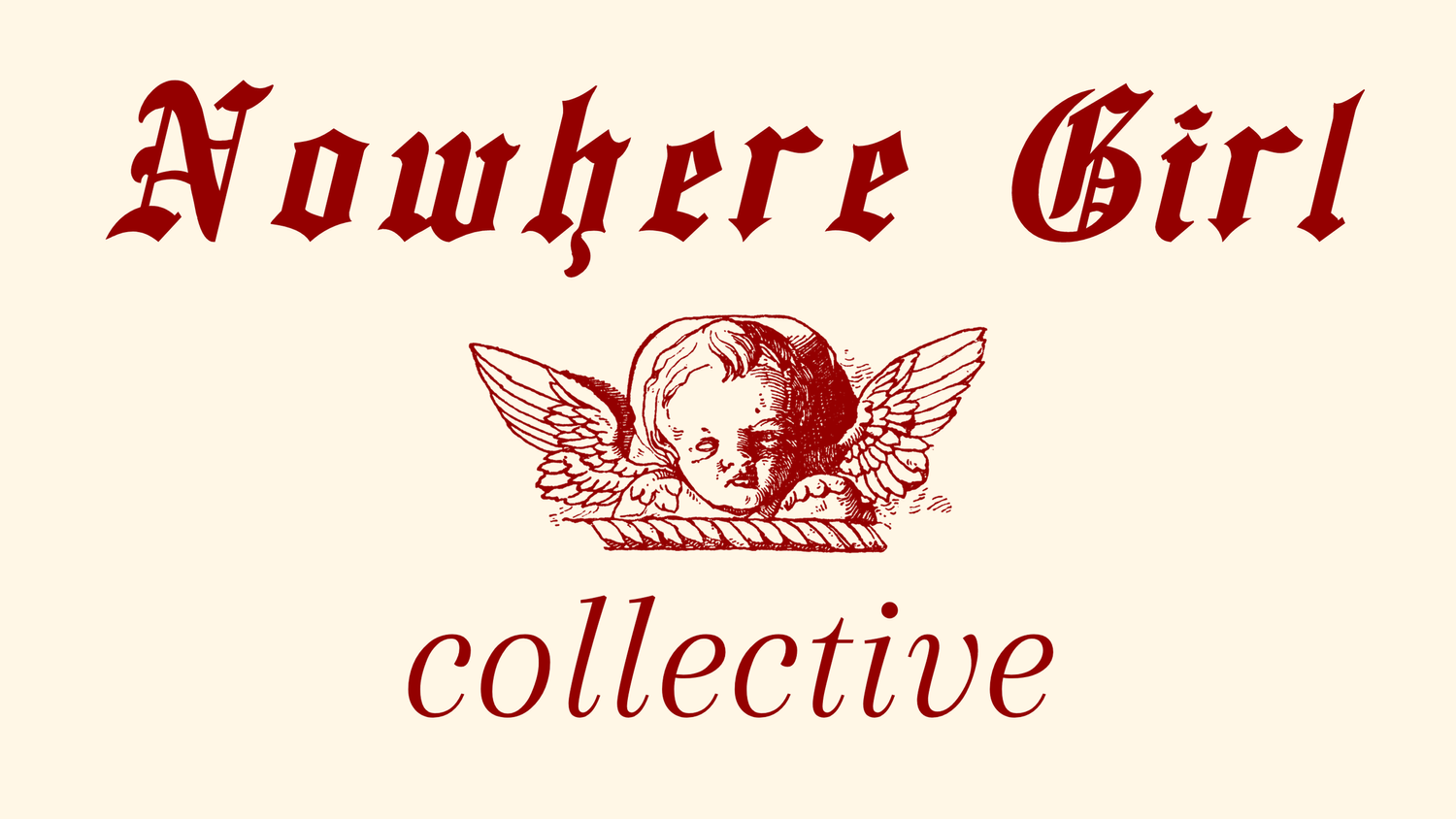CONFESSIONAL APPARATUS
If confession used to be something sacred, hidden away, ceremonious, it has long since shifted into a casual complicity for contemporary people like me. To put it more directly, if we think of what future historians will say of us, a single sentence will suffice: they confessed and read the internet. After that, I think the definition will be well exhausted.
I say complicity but that’s not completely honest. Complicity implies a knowing involvement, an informed submission to the operation of some system. Instead of complicity, I’d characterize what’s occurring as a kind of auto-compulsion; that’s to say, today we understand ourselves through confession. Take the classic facebook prompt, which greeted all of us in 2007 or 2008 when we rst made an account: what’s on your mind? It seems innocuous enough. The blinking cursor invites you, nags you, to make your rst confession, to share your rst status update. This is one of the forms that contemporary confession takes: share with the world what you’re thinking, what’s going on in that head of yours, through these new platforms which operate as a social confessional.
And confess, we do. Podcasts, shorts, dating shows, reality television, it seems that everywhere we turn we’re given an opportunity to step into a confessional. We’re no longer confessing, as it might have been five hundred years ago, our sins or our delinquency. Instead, today we confess about ourselves, our identities, our own being. The consequence of confessional platforms like Facebook (and now many others) is that we’ve been given a convenient tool to tell the world about who we are. It’s much easier than going down to the church and calling on Father Paul; now, we increasingly and ourselves utilizing platforms that shape our confessions into a digital identity, one which can be taken for a representation of ourselves.
These confessions, however simple they might seem, emerge in the context of various limitations. The most obvious of these are the limitations imposed by the social dimension of these confessionals. You’re not going to confess your toxicity on Hinge; rather, you’ll share your guilty movie interest, or your secret spot for cheap beers. You’re welcome to share what’s on your mind with Twitter (X), but we’re all well aware of the consequences should what you confess be judged unfavorably. There are other limitations, which take the form of restrictions imposed by the platforms: Instagram only allows a specific kind of virtual confession which adheres to its guidelines. Female nudity, stark political statements, and unlicensed commercial material all receive quick takedowns. Finally, our confessions are always shaped by the language available to us. Confessing that you self-identify as bisexual usually receives a far different response than confessing to being ace/aro, or other sexualities less accounted for by our current vocabulary.
So, it feels like we’re confessing more than ever: social media, dating applications, online forums, each of these operate on confessions of the flesh, confessions of sexual desire, confessions of political perspectives or confessions of past guilt. The tricky part, however, is that the form these confessions take has much more to do with our social context than with ourselves. On the surface, your digital identity appears as a means of representing yourself. This representation, however, is filtered through a social kaleidoscope that leaves us with a much different image than one might have expected. The consequence, then, of this contemporary incitement to confession is that we absolve ourselves of any self-reflection by entrusting our representation to everyone else. It’s obvious who I am: just take a look at my Instagram page. You’re curious what I do for a living? Well, I regularly update my LinkedIn. If these platforms take our identity, however, and run away with it, then what’s lost in this process is the work that confession used to involve. Of course, today this work won’t take the form of a certain amount of Hail Mary’s or Hallelujah’s, but it would hopefully involve more than relieving ourselves of responsibility through the technique of auto-confession.
The point I’d like to make, to be clear, is not some fatalist proclamation that we’re all fucked because our culture operates through confession. Rather, I’d like to propose, to make a plea for, confessions that disrupt and unsettle the confessional apparatus I’ve been sketching for you here. I want to nish by pointing to one form of writing that I think largely succeeds in this task: auto-theory. Contemporary feminist novelists, like Chris Krause in I Love Dick, have been utilizing the confessional apparatus of the modern novel to demonstrate why the patriarchal order might not want women to be able to confess so much, and have their confessions be available to so many. Confessions that make us feel uncomfortable, that challenge the social context in which auto-confession typically occurs, indicate that the practice of telling the world what’s on your mind might still make a meaningful impact.
Lou Fatal, 26, Catalonia - Spain ✯
“Lou is a critical theorist wasting away in Barcelona. His writing can be found in bathroom stalls and academic publishers' wastebaskets. ”
